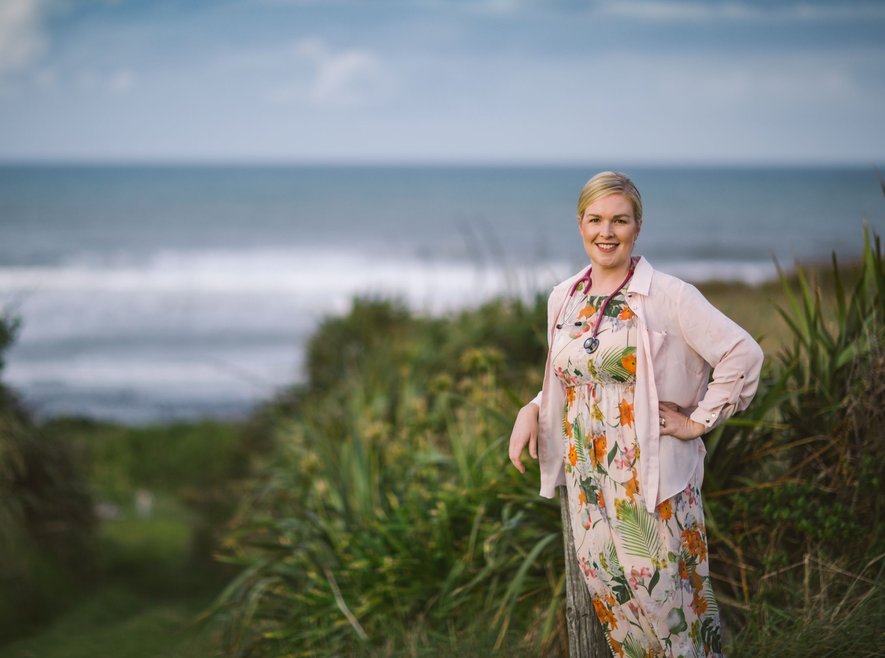Rural hospital programme structure
Clinical attachments
The core of the programme are your clinical attachments. You must spend at least four years working in full-time equivalent (FTE) placements in accredited hospitals or practices.
FTE is an eight-tenths, or more, clinical workload and one run is the same as six months FTE mahi. Each RHM registrar will have their own programme of study that best suits them.
You must do:
- two runs in rural hospital medicine (at two different sites and at least one must be a level three rural hospital)
- one run in general medicine (three months may be cardiology or respiratory medicine)
- one run in rural general practice
- one run in emergency medicine
- 0.5 run in paediatrics
- 0.5 run in anaesthetics and/or intensive care.
And you must do another 12 months from any of the following:
- further experience in any of the compulsory placements above
- urban general practice
- surgery
- palliative care
- rehabilitation medicine
- geriatrics
- Māori health provider
- obstetrics and/or gynaecology
- orthopaedic surgery/musculoskeletal medicine.
Study part-time or put your study on hold
The programme is flexible, and you can also study part-time, or put your study on hold. To be active in the programme, you must be working at least four-tenths FTE. The maximum amount of time your study can be on hold is three years.
Academic component
As well as your clinical placements, you will need to complete an academic component. This is mainly made up of papers taken through the University of Otago’s Postgraduate Diploma in Rural and Provincial Hospital Practice.

Learning plan, reflection log, and skills log
Your learning plan, reflection log, and skills log will be important ongoing parts of your study. You will work on these with your Education Facilitator.
- You will use your learning plan to capture any gaps in your knowledge and plan a course of attachments and study in response to these.
- Your reflection log will be a place to think and write about what you have learnt in each of your attachments.
- Your skills log will list any procedural skills you will need when working in independent and remote practice, and when you have satisfactorily completed each skill.
Assessments
Your assessments in the RHM Training Programme will be a mix of:
- the marks of your academic papers
- practice-based assessments (called Mini-CEX)
- reports by your rotational supervisors
- annual reports by your Educational Facilitator
- a Structured Assessment using Multi Patient Scenarios (StAMPS) examination
- multi-source feedback
- documentation that confirms participation (or results of assessments) from any other relevant courses, conferences, or training activities.
Fellowship Assessment Visit
After you have finished all the required clinical and academic mahi, you will undertake a Fellowship Assessment Visit and, if successful, you will be awarded Fellowship of the Division of Rural Hospital Medicine (FDRHMNZ). Congratulations!
Everyone who is awarded Fellowship is also invited to an annual graduation ceremony where they are presented to the President of the College.